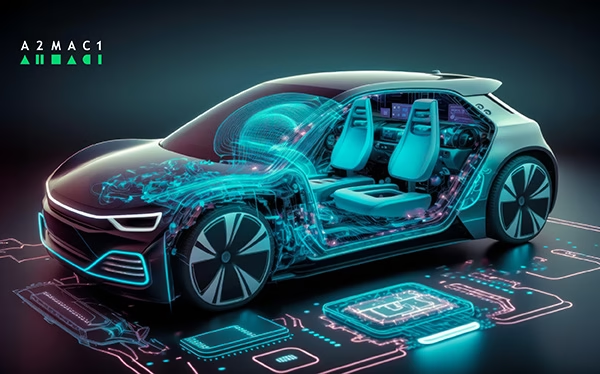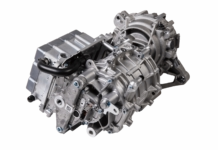Powertrain Simulation Partnership
The collaboration between A2MAC1 and ZeBeyond marks a significant advancement in electric vehicle (EV) powertrain development. They have launched a simulation-first benchmarking platform that merges A2MAC1’s extensive teardown database of over 150 EV powertrains with ZeBeyond’s cutting-edge ePOP virtual validation tools. This innovative approach transforms traditional physical testing methods. Which often take over a year, into a rapid process where vehicle efficiency and performance can be validated within days. The platform provides OEMs and tier-one suppliers with a powerful digital resource to accelerate engineering insights and optimize EV powertrains swiftly and efficiently.
Addressing Testing Bottlenecks in EV Development
Traditional teardown and dynamometer testing impose significant delays on electric vehicle development. The new platform solves this by combining physical teardown intelligence with advanced virtual simulations. This hybrid approach enables the rapid assessment of powertrain efficiency and real-world performance without waiting for comprehensive physical tests. Engineering teams can thus make confident, data-driven decisions shortly after a vehicle launch rather than waiting months or years. This breakthrough reduces time-to-market and encourages innovation in EV powertrain technology by providing instant access to a vast digital library of benchmark data integrated with real-time simulation capabilities.
Enriched Data and Virtual Validation Capabilities
The partnership bridges the gap between traditional physical teardown analysis and virtual testing. A2MAC1 contributes detailed physical teardown data, while ZeBeyond enriches it with virtual validation. This combination results in the largest digital library of powertrain efficiency and performance metrics available soon after demolition of physical vehicles. The platform’s simulation-first method allows rapid performance verification and optimization, essential as electric powertrains grow in complexity. As EVs evolve with advancements in batteries, motors, and control systems, this digital validation tool supports high-fidelity, reliable engineering decisions for critical components and system integration.
Impact on Electric Vehicle Applications and OEM Strategies
This innovative simulation system plays a pivotal role in shaping the future of electric vehicles. By streamlining powertrain validation, OEMs can reduce development costs and speed innovation cycles. The platform supports a wide range of EV powertrain applications, from passenger cars to commercial vehicles. Thus helping manufacturers optimize energy efficiency, thermal management, and overall performance. As electric mobility demands increase globally, such technology provides strategic advantages in product design and benchmarking against competitors, encouraging sustainable transportation solutions through data-driven engineering and faster market responsiveness.







